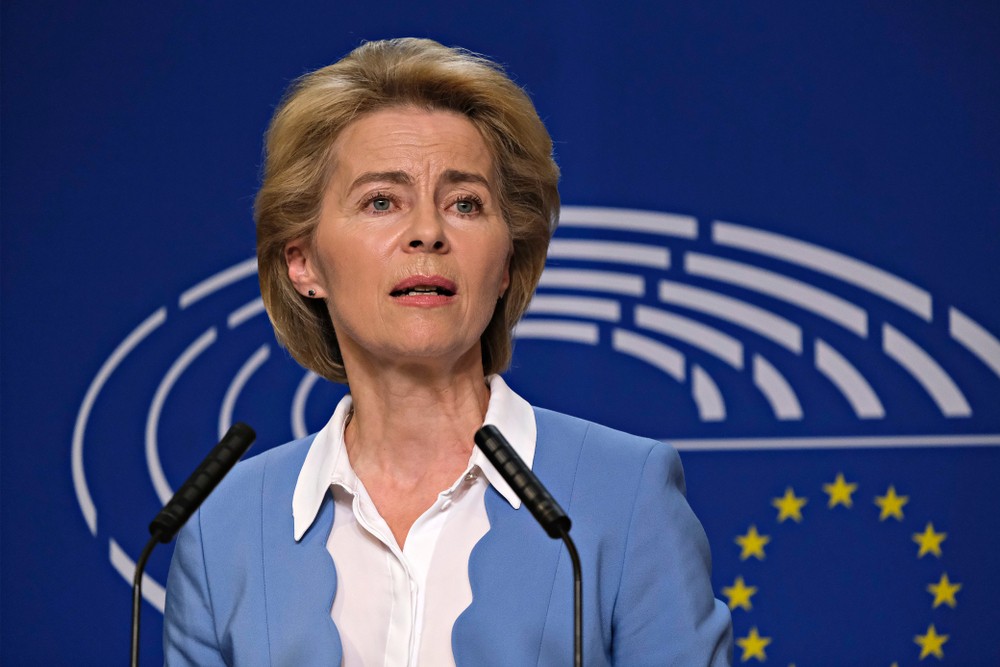They might not have a Greta Thornberg to champion the cause of fighting climate change but Finland is no less committed to the cause. For example it, along with Chile, has been co-steering a group of finance ministers from around the world to make an impact at the United Nations’ climate summit in New York this month and the meeting of the parties to the climate change convention when they organise in Chile in December.
The reason Finland has been co-leading the Coalition of Finance Ministers for Climate Action: it believes carbon pricing via taxation will be the most effective tool to a carbon neutral economy.
It is with that conviction in mind that Finland focused the agenda of EU finance ministers an their bi-annual informal gathering that always takes place in the capital of the rotating EU presidency holder – in this case Helsinki. First, EU finance ministers discussed various ways to beef up their role in the EU drive to reduce carbon missions by putting climate change on each of the monthly meetings in Brussels, especially when it comes to carbon pricing. The following day, Finland pushed EU finance ministers to state their position on revising the EU energy taxation directive, which is woefully out of date. A key part of that discussion was whether EU member states should agree an EU-wide aviation tax on fuel or airline tickets.
The results of the Helsinki meeting are supposed to feed into the work program of the next European Commission. New EC-president elect Ursula von der Leyen outlined Sept. 14 how Frans Timmermans, a Dutchman and current Commission vice president, will spearhead a new European Green Deal that is one of three overarching themes of the next EU executive body.
Despite the good intentions the outcome of the Helsinki meeting underlined that there are still vested interest divisions that have blocked an EU-wide consensus on carbon taxation since 1992. And whereas in the 1990s the EU was only 12 countries the work is exponentially more complicated and difficult with 28 countries,
For example, the interventions of Eastern and Central European countries led by Poland as well as some island countries such as Cyprus and Malta underlined that they oppose adopting an aviation tax. Even Spain, with former Commission official Nadia Calvino serving as the Spanish finance minister, spoke out against an aviation tax on airline fuel over concerns it will hurt Spanish tourism.
Perhaps, the most vivid example of the acrimony and obstruction that awaits the Commission’s European Green Deal plan was expressed by Estonian Finance Minister Martin Helme. Aside from his nationalist views, he espouses “the climate change is hoax” position of U.S. President Donald Trump. As a result he told his fellow ministers he will never agree to any kind of carbon tax. Nor would he ever accept qualified majority vote on taxation issues.
With that in mind in, it is obvious that once the European Green New Deal proposals are made, ultimately it will be up to like-minded EU countries to use the “enhanced cooperation” legislative procedure that allows for a minimum of nine EU countries to adopt a proposal in order to get around EU unanimity voting rules on taxation.
Currently 10 EU member states are already using the enhanced cooperation procedure to try and reach an agreement on a Financial Transaction Tax on equity trades of large companies. Under discussion since 2011, Germany, France, Italy and the other seven countries insist they are on the verge of an agreement that could come as soon as October.
Should the FTT be agreed based on enhanced cooperation it is highly likely the next time the legislative procedure is used will be to get an EU agreement on some form of carbon taxation. Of course that is assuming the procedure is not used beforehand for other blocked EU tax legislation such as the common consolidated corporate tax base (CCCTB), digital taxation or even Value Added Tax reforms of one form or another.

